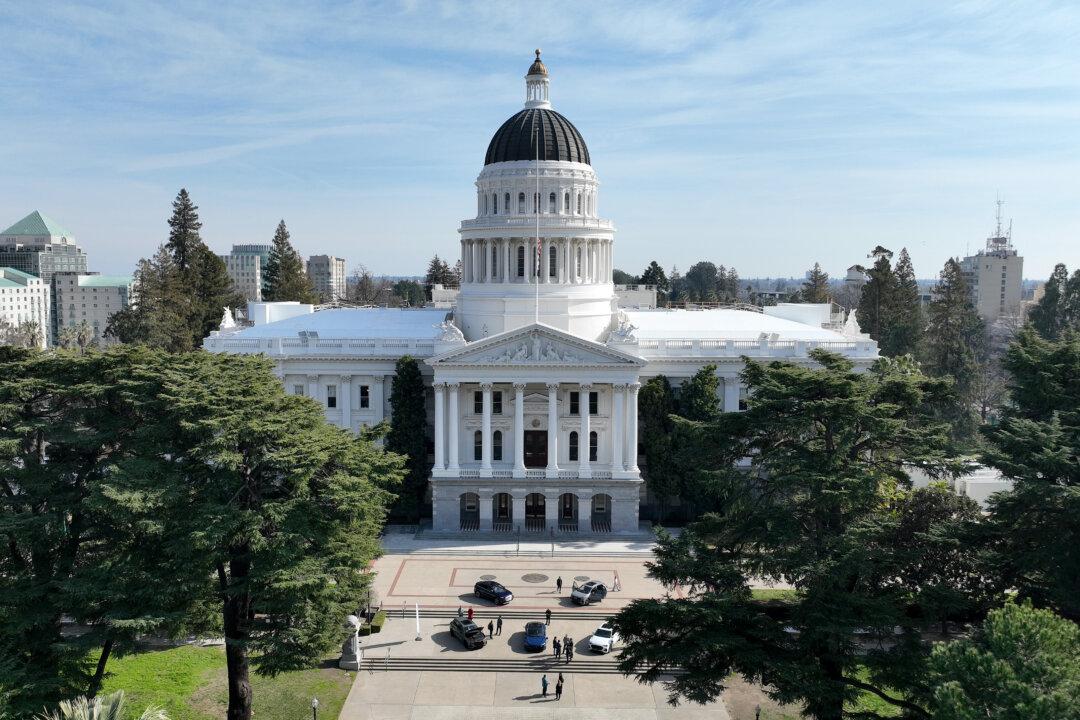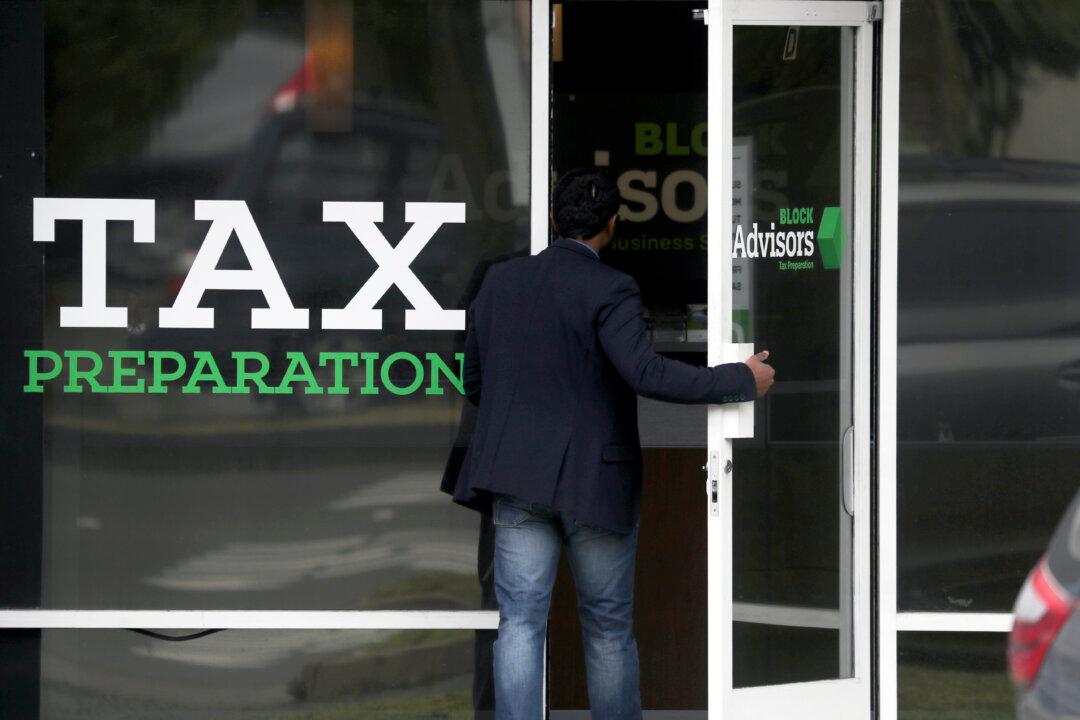San Benito County’s Board of Supervisors recently voted against a resolution that would have prohibited any business or other entity in the California county from requiring employees or patrons to show proof of COVID-19 vaccination. Businesses would also have been asked to remove signs requiring masks or other face coverings.
During the June 22 board meeting, County Supervisor Peter Hernandez said the resolution would protect people’s freedom of choice and promote informed decision-making. He decided to introduce the resolution after Nevada’s White Pine County approved a similar action in April.





